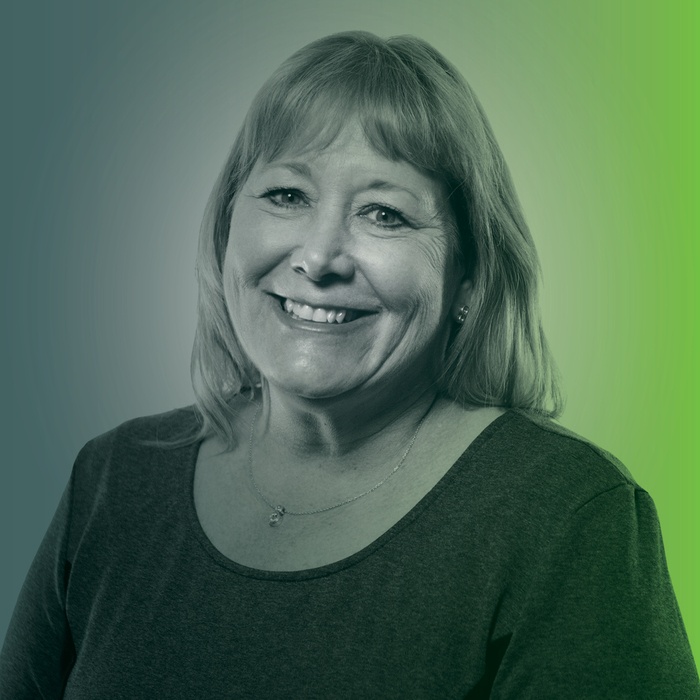How long have you served on the Ellipsis board (to include times with YESS or YHMA boards)?
I joined the YESS board in the summer of 2018. When Ellipsis was formed, I was happy to remain on the board to see where the new adventure would take us!
What drew you to serve on the board of Ellipsis?
Youth who are at risk require and deserve resources to build a solid foundation to be successful young adults and on into adulthood. I’d been involved in some mentoring of youth through other organizations and enjoyed meeting the kids as well as the challenges of their situations.

Do you have a specific role or expertise field on the board, and if so, what is that?
As an RN I have worked in health care my entire career but have held many more administrative roles than patient care. It’s my hope that my expertise in human resources and compliance brings value to Ellipsis and the board as we move into the future.
If applicable, how has your own life intertwined with the mission and work of Ellipsis?
When my kids were growing up, I wish I had known there were resources in the community [like Ellipsis] for them and their friends/families.
Why is it important to have residential programs in communities and qualified people working in them?
Youth have so many distractions to deal with in today’s world. Each individual adult handles these distractions differently, as does each individual youth. The range of services Ellipsis offers can meet these clients where they need services. The residential services provide a safe environment to build or rebuild the skills they need to have successful relationships with family, friends, community. It may be the only safe place they have in their life at the time. The team who works with these youth provide them valuable tools and guidance to transition either back to their home or to another living arrangement. Their work takes commitment and patience.
What would be some common misconceptions people have about a program like Ellipsis? How do you dispel that?
The stigma surrounding mental health and substance abuse is still very real. Many do not understand they can go hand in hand. I take every opportunity I can in my community to talk about Ellipsis and the work they do. At some point in a lot of those conversations, someone will have a personal connection to a young person in their life who has benefited from some type of mental health care or a story of someone who didn’t get what they needed and how that could have looked differently if they’d been in a place like Ellipsis.
Describe one or two goals you have as an Ellipsis board member.
Personally, I want to continue to learn about the strategy and goals for Ellipsis to be an advocate in the community. As a member of the board, I want to ensure I can fully participate and guide the oversight to bring the most value to the organization.
With growing need from the Iowa community, what does the future look like for Ellipsis? What will it take to ensure the coming years are successful?
The need for services will continue to increase, so it’s critical Ellipsis has a firm foundation from which to grow. Relationships with key stakeholders are crucial as is advocacy at the state level to ensure funding sources are maintained and improved/increased — we know health care is not getting any less expensive. One of the biggest challenges is to keep clients engaged to follow through on care. The wide spectrum of services Ellipsis provides help wrap those services around clients at different times/phases of their life and what they need.
